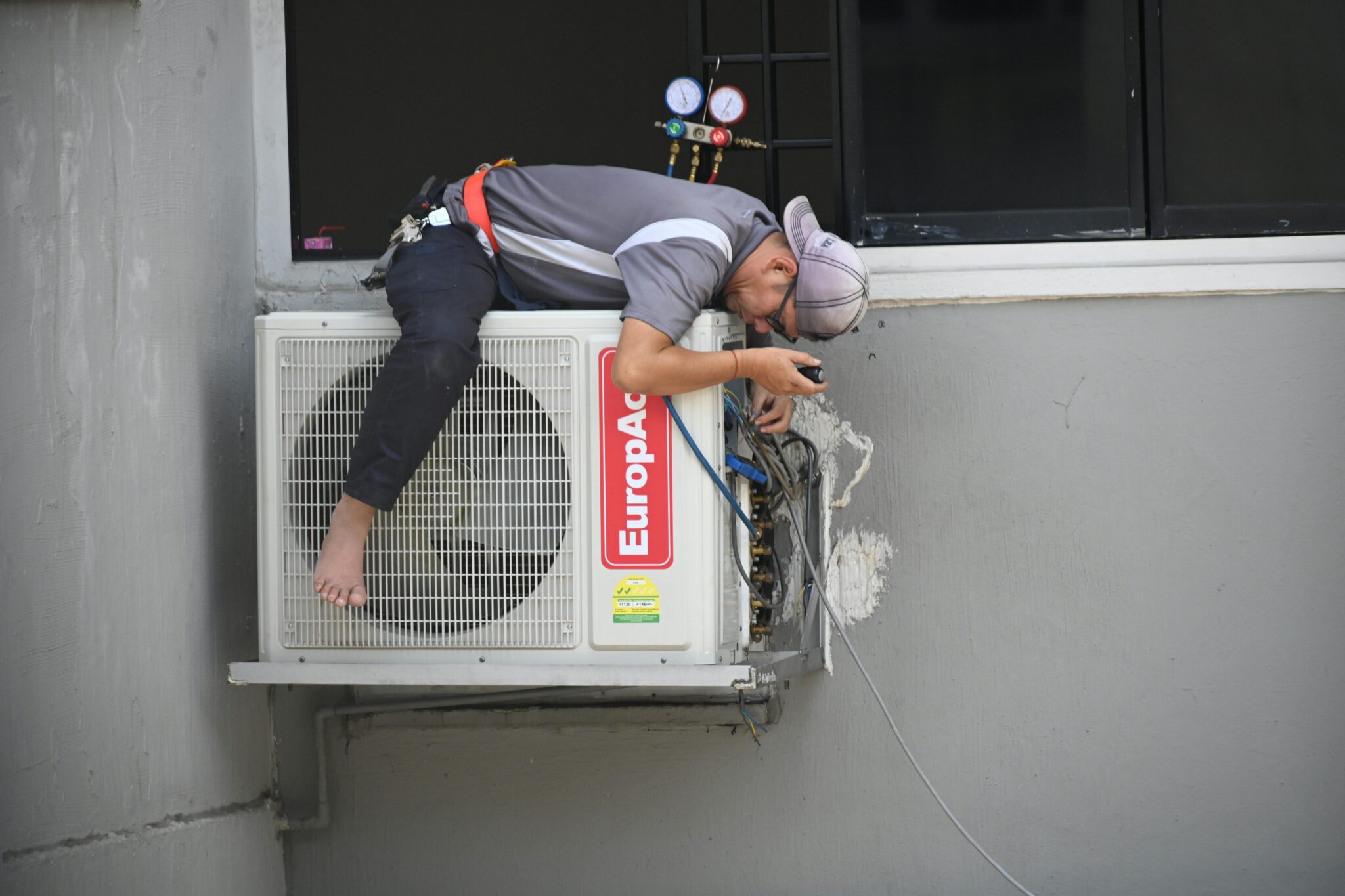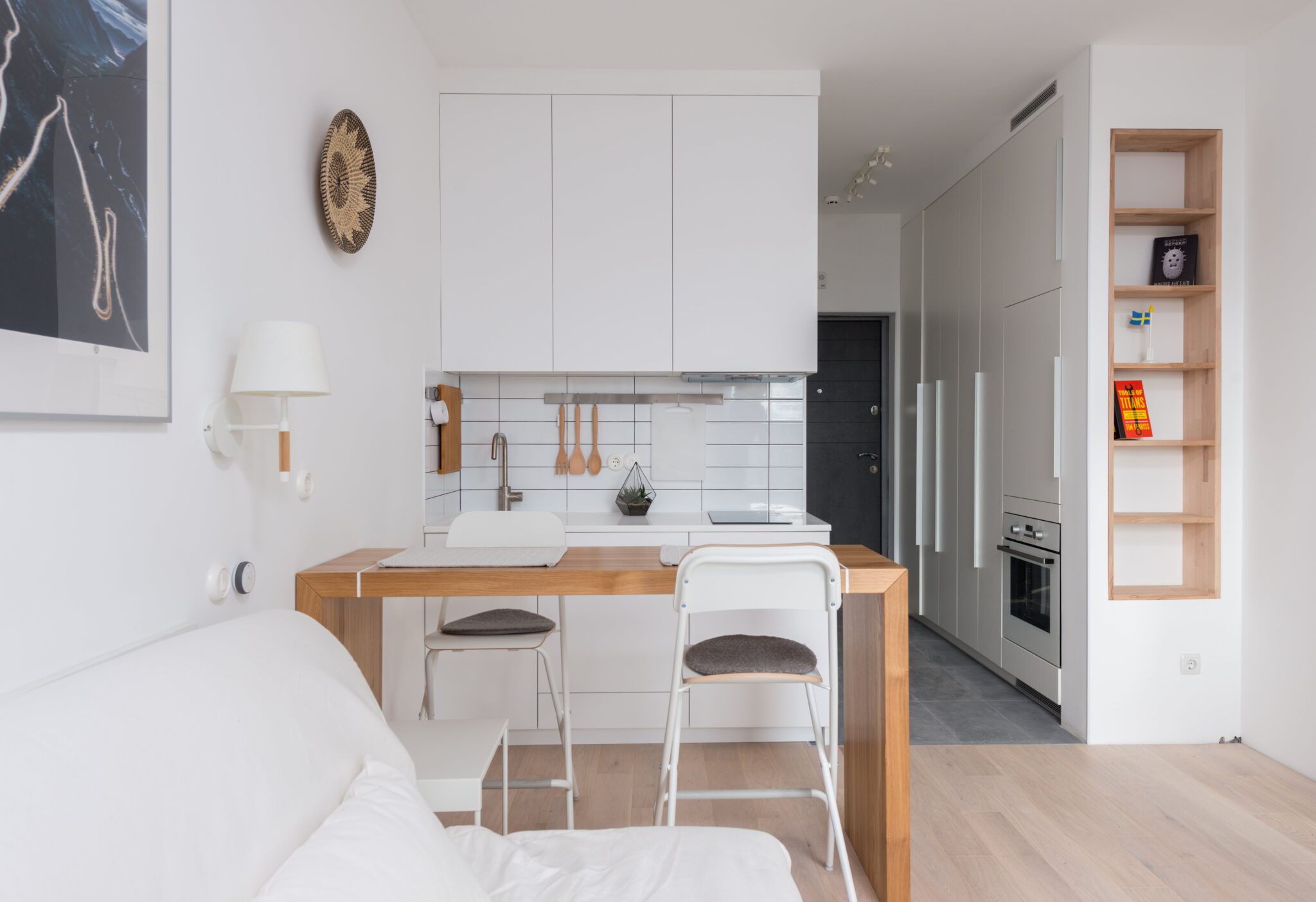
Depending on your climate, air quality, and use, a well-maintained air-conditioning unit could last between 10 and 20 years. HVAC technology, refrigerant, and efficiency have advanced quite a bit in the last decade, so if your unit is more than 10 years old, you may want to consider replacing it with a more efficient model.
You can ask an HVAC technician for more information the next time they’re performing your annual check-up. Regular maintenance is important to keep your AC unit running efficiently and cooling properly, as well as to extend its life span.
Some signs to call your HVAC tech include:
Strange noises – loose belts may be a simple fix, but a failing motor is a costly repair and may be a sign it’s time to replace your unit.
Bad smells – if it smells musty or moldy, or like refrigerant when you turn on your air conditioning, get it looked at right away. It’s not worth the risk of introducing bacteria or fungus around your house, risking everyone’s health.
Frozen coils – a potentially blocked coil or refrigerant leak needs to be taken care of right away to avoid further damage.
Failure to cool – if your unit just can’t keep the house cool anymore, or if it’s humid inside despite running the AC, if some areas of the house are cool while others are not, or if the unit isn’t responding to the thermostat correctly, call your HVAC tech to find the problem.
Increased energy bills – if you’re scratching your head trying to figure out why your energy bills keep going up when nothing seems to have changed in your power usage, it could be pointing to an increasingly inefficient air conditioner.
An air conditioning unit is a major cost for a homeowner, and you’ll want to have any of these issues addressed by a qualified HVAC technician as soon as possible to protect your investment as well as your home, family, and utility bills.





